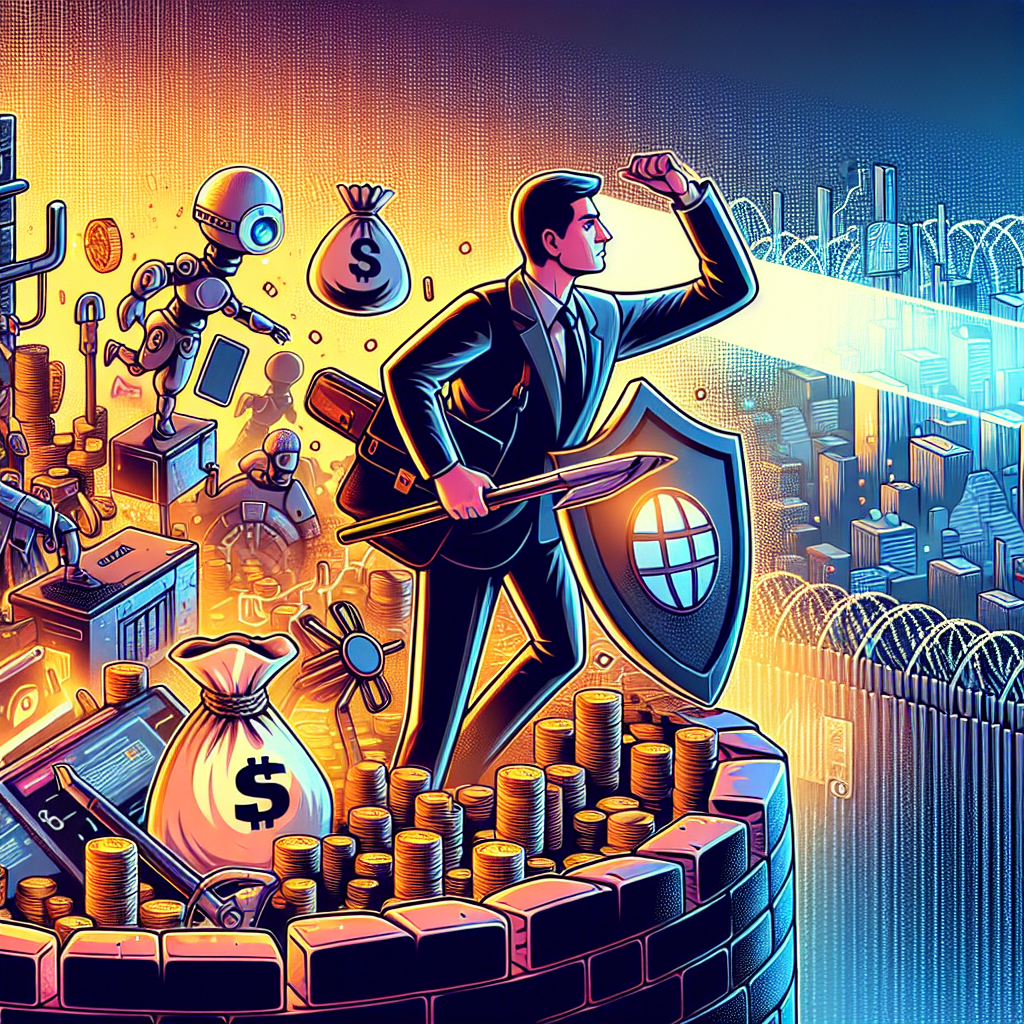Tether unveils an innovative platform designed to tokenize real-world assets, marking a significant milestone for the stablecoin issuer and the blockchain industry itself.
Tether Steps into the Realm of Tokenizing Tangible Assets
In a recent announcement, Tether, the renowned issuer of the world’s largest stablecoin, has revealed a ground-breaking platform dedicated to the tokenization of real-world assets. This development indicates a major advancement for the crypto giant, and indeed the wider blockchain industry.
With this innovative approach, any form of physical or intangible assets can be ‘tokenized’, or converted into a digital token on the blockchain. These assets can range from property and cars to artwork and even ownership rights in a corporation.
How the Tokenization Process Works
Tokenization involves the conversion of the rights to an asset into a digital token on a blockchain. In essence, it digitizes an asset. This groundbreaking announcement by Tether marks an important step towards the incorporation of real-world assets into the digital realm.
To tokenize an asset, the owner of the asset signs an agreement, effectively transferring the rights to Tether. The company then creates a digital token representing the asset on the blockchain. This token essentially becomes a digital representation of the physical or intangible asset, allowing it to be traded, sold, or purchased on the blockchain.
The Potential Benefits of Tokenized Assets
The process of tokenization presents numerous potential benefits. By tokenizing an asset, its ownership becomes fully transparent and immutable. This potentially excludes the need for intermediaries and reduces the costs associated with asset transfers.
Furthermore, tokenized assets can provide a newfound level of accessibility. For example, individuals from any part of the world can invest in tokenized real estate, a sector notoriously hard to penetrate due to high entry costs. Tokenization might also bring liquidity to otherwise illiquid markets, as these digital tokens can be easily bought, sold, or traded on blockchain platforms.
However, the process of tokenization is not without its challenges. One of the biggest obstacles comes from regulatory issues. Many countries lack a clear legal framework for tokenized assets, and this can pose a significant barrier for global adoption. Compliance with anti-money laundering laws and know-your-customer norms also presents a complicated challenge in this emerging field.
Conclusion
The announcement by Tether represents a significant leap forward for the blockchain industry. The ability to tokenize real-world assets could open up new opportunities for blockchain technology and potentially revolutionize sectors from finance to real estate to global trade. However, this extraordinary development also brings along with it a host of regulatory and technical challenges that need to be overcome for it to reach its full potential. This innovation by Tether, therefore, marks another important chapter in the ongoing evolution of the blockchain industry.






